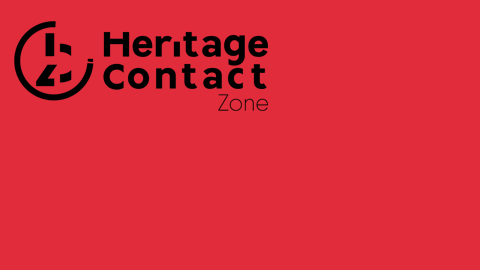Policy-makers and those who implement cultural policies need to pay greater attention to soft-infrastructure and participation, rather than traditional approaches prioritising hard infrastructure.
Now is the time to place community involvement to co-design and manage such processes at the core of the new Creative Europe programme, Horizon Europe, the Rights and Values programme, the European Regional Development and Cohesion Fund, the European Agricultural Fund for Rural Development and the LIFE – Programme for the Environment and Climate Action, particularly in view of the mainstreaming of climate action in the proposed post-2020 MFF.
The Council of Europe’s 2005 Convention on the Value of Cultural Heritage for Society (more commonly known as the Faro Convention) has helped to frame many of the more positive – and socially progressive – aspects of cultural heritage policies that have emerged in the last decade. Its emphasis that we choose to belong to heritage communities– rather than being born into them because of ethnicity, language, class, etc. – is applaudable. The 2018-2019 Faro Convention Action Plan further defines these heritage communities as: “self-organised, self-managed groups of individuals who are interested in progressive social transformation of relationships between peoples, places and stories, with an inclusive approach based on an enhanced definition of heritage” (COE 2018: 23). This pushes heritage away from being appropriated for identity politics and rather to help build more inclusive and open civil societies.
Therefore we would welcome the stronger recognition of a value of cultural heritage that goes beyond the dimension of tangible assets: that is, heritage as a place for public engagement, reflection and re-invention of communities’ contested stories and histories. Communities, citizens’ engagement, co-construction and participation are critical elements that must be at the core of any heritage intervention. Informed participation of communities helps foster ownership and ensures adequate responses to local realities and needs. Promoting diversity in interventions, particularly intercultural encounters, contributes to the well-being of citizens as a whole.
In the framework of the Heritage Contact Zone (HCZ) project, Culture Action Europe together with the project partners published a policy statement “Rooted Participation – Heritage Contact Zone in support of new heritage policies”, download the full text here.
In addition, the Heritage Contact Zone consortium has also published a toolkit, a repository of resources that can be used by practitioners and academics alike who work with contested heritage and creative practices. It brings together the findings from the partners from their activities within the HCZ project and reference points that they have collected.
The HCZ toolkit is available for download here.
